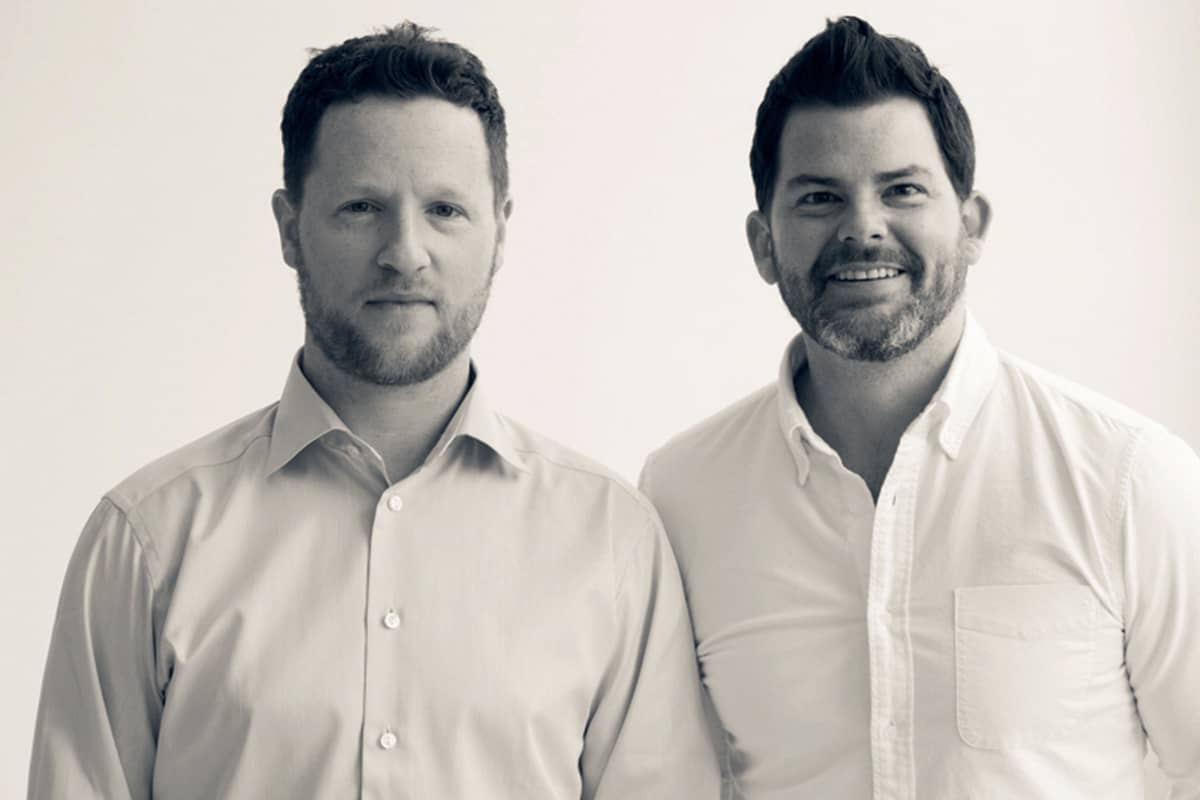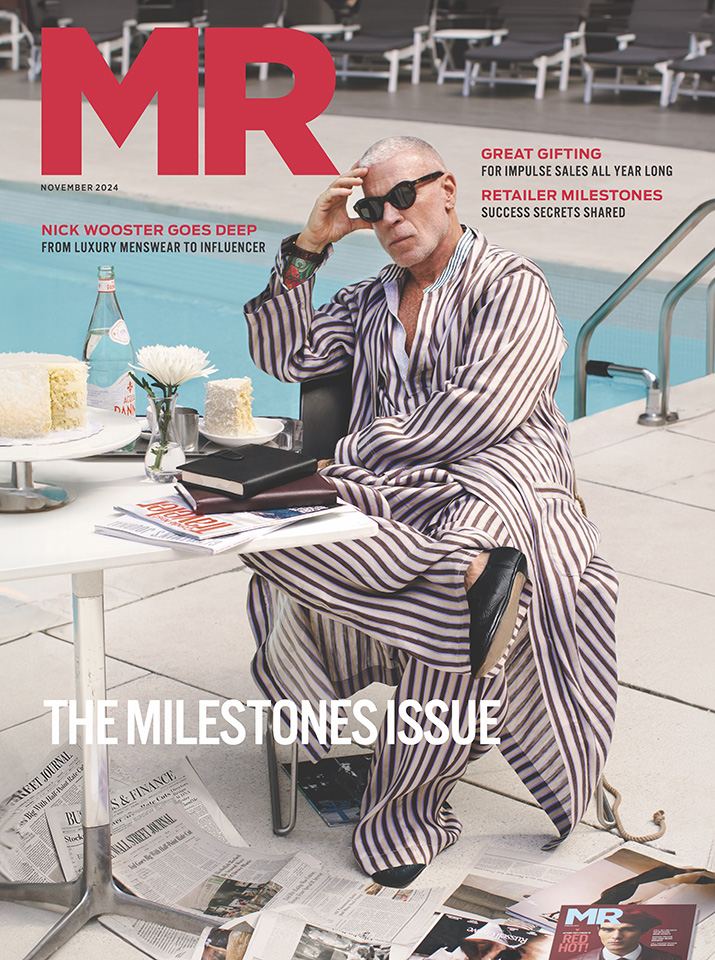BECOMING A BRAND BUILDER: THE CO-FOUNDER OF HOOK & ALBERT ON CREATING A SUCCESSFUL COMPANY


In 2009, I found myself in Sweden for my friend’s wedding. To enliven my formal outfit, I decided to slip on a pair of purple dress socks. As the pictures were being taken, I caught wind that my pal, Cory Rosenberg, was also wearing some swanky hosiery. By evening’s end, we had established a mutual passion for accessories, and also acknowledged there was a void in the market for a brand focused only on accessories. In the six years since we formally co-founded Hook & Albert, we’ve not only experienced great success, but we’ve learned some valuable lessons that we’d like to share with any company trying to create a profitable brand. (Editor’s note: the company was recently bought by Dallas-based holding company Detail Provisions Co.)
1) Educate The Marketplace
One of the first things we did was to tell our prospective retail partners that by bringing in newness and taking a chance, they could build out new product revenue streams and look like superstars within their organizations. By saying yes to our products, established retailers like Saks Fifth Avenue and Nordstrom got new customers into their doors. Indeed, with the struggling marketplace today, more buyers should be taking chances on newness rather than taking a conservative position on inventory and brands.
2) Become Experts In Everything – Quickly!
While today we have a full design department, we were certainly not able to afford one when we launched the brand, so we used a sourcing agent. Without the full knowledge of how products were produced, we became hostages to what they told us, and were not able to effectively offer solutions to production issues that arose. We quickly realized that we needed to not only own the process, but comprehend it in its entirety.
3) Think Big Even While Starting Small
New businesses often set themselves up for the size of the business they are on day one, rather than strategically thinking through what a scaled-up operation will look like. One of our smartest moves was that we immediately put ourselves in the mindset that we were a 10 million dollar brand with broad-based wholesale distribution. This decision, although it was a risky one, paid off quickly when orders started coming in. Indeed, our ability to accept and deliver all orders in full made both us and our partners confident in our business, which led to continued growth.

On our first day in business, we were overwhelmed and wondering what to do next from our growing to-do lists. Soon enough, we discovered the question we needed to be continually asking ourselves to keep us on track: “What is going to move the needle?” Once that was sorted out, we would divide tasks based on our individual skill sets and get the job done!
5) Prepare For the Unexpected
Regardless of the industry you are operating in, things will go wrong. If you are a strategic thinker, you have the potential to see the unexpected sooner than everyone else. That’s the importance of what we call worst case scenario planning. Always think as broadly as you possibly can and construct multiple outcomes to prepare for the situations you can’t even “know” are coming.
6) Manage Your Own Expectations
You are always going to be your own worst critic. And dealing with the sacrifices, the tears, the strain on relationships, the financial burdens (and so much else) can feel like more you than can handle. A great way to mitigate this challenge is by reading and/or speaking with fellow entrepreneurs. Let their stories inspire your journey.


